Parents, guardians abuse Roma child beggars
Roma (Gypsy) children who beg in Belgrade do not dare to go home unless they bring RSD 1,000 every day - otherwise they are subjected to beatings.
Monday, 23.08.2010.
15:35

Roma (Gypsy) children who beg in Belgrade do not dare to go home unless they bring RSD 1,000 every day - otherwise they are subjected to beatings. A reporter of the Belgrade daily Blic spoke to a boy who spends every day at an intersection in downtown Belgrade, begging for money from drivers who stop at the red light, together with another boy who is only four. Parents, guardians abuse Roma child beggars He says that he is 13, that he is originally from Kosovo, and that his parents left for Norway. His four-year-old friend is his neighbor. “I used to live with a friend in Krnjaca (Belgrade neighborhood), whose father abused me and made me beg. He has a total of seven children of his own and he takes them all to beg. He tortures the oldest, who’s seven, the most. Until recently he didn’t want to buy him sneakers so he was begging barefoot. I heard that he now took them to Montenegro to the seaside. The biggest profit’s there now,” said the boy. The four-year-old is also forced to stand in the streets for hours at a temperature of over 30 degrees Celsius. “Each kid has to bring at least RSD 1,000 (about EUR 10) at the end of the day. If they bring less money, they get beaten. That’s how it is with everybody. Older brothers sometimes control us, but usually everybody brings as much they should, because after so much beating nobody thinks about cheating,” the older one explains. He also told the daily's journalist that the city is divided and that he "cannot beg wherever he wants”. “They tell us where we’re allowed to be. Each boss has his own territory where children work for him. Police used to chase us away from this intersection, but they usually just pass by. Still, as soon as we see them we run away,” the 13-year-old explains. Aside from begging in the streets another common form of forcing children to beg is making them play music in city buses. After they collect the money from passengers, the children get out of at a bus stop, where an older family member, usually their mother, waits and takes the money. The newspaper recently reported about abuse of children at the 50th Guca Trumpet Festival, after which Cacak police apprehended two women under suspicion of neglecting and abusing minors. One of the suspects, Rajna S., was caught next to her five-year-old son, who was dancing next to a cardboard box in which people were putting money last Friday in Guca. She and her underage son were taken to Cacak police station where Rajna S. was questioned in the presence of social workers. Vesna S. was with a three-year-old girl who was dancing in a bar in Guca, and she was charging the guests for the performance. Criminal charges will be filed against the parents of both children. Roma beggars in Belgrade (Beta, file)
Parents, guardians abuse Roma child beggars
He says that he is 13, that he is originally from Kosovo, and that his parents left for Norway. His four-year-old friend is his neighbor.“I used to live with a friend in Krnjača (Belgrade neighborhood), whose father abused me and made me beg. He has a total of seven children of his own and he takes them all to beg. He tortures the oldest, who’s seven, the most. Until recently he didn’t want to buy him sneakers so he was begging barefoot. I heard that he now took them to Montenegro to the seaside. The biggest profit’s there now,” said the boy.
The four-year-old is also forced to stand in the streets for hours at a temperature of over 30 degrees Celsius.
“Each kid has to bring at least RSD 1,000 (about EUR 10) at the end of the day. If they bring less money, they get beaten. That’s how it is with everybody. Older brothers sometimes control us, but usually everybody brings as much they should, because after so much beating nobody thinks about cheating,” the older one explains.
He also told the daily's journalist that the city is divided and that he "cannot beg wherever he wants”.
“They tell us where we’re allowed to be. Each boss has his own territory where children work for him. Police used to chase us away from this intersection, but they usually just pass by. Still, as soon as we see them we run away,” the 13-year-old explains.
Aside from begging in the streets another common form of forcing children to beg is making them play music in city buses.
After they collect the money from passengers, the children get out of at a bus stop, where an older family member, usually their mother, waits and takes the money.
The newspaper recently reported about abuse of children at the 50th Guča Trumpet Festival, after which Čačak police apprehended two women under suspicion of neglecting and abusing minors.
One of the suspects, Rajna S., was caught next to her five-year-old son, who was dancing next to a cardboard box in which people were putting money last Friday in Guča.
She and her underage son were taken to Čačak police station where Rajna S. was questioned in the presence of social workers.
Vesna S. was with a three-year-old girl who was dancing in a bar in Guča, and she was charging the guests for the performance.
Criminal charges will be filed against the parents of both children.





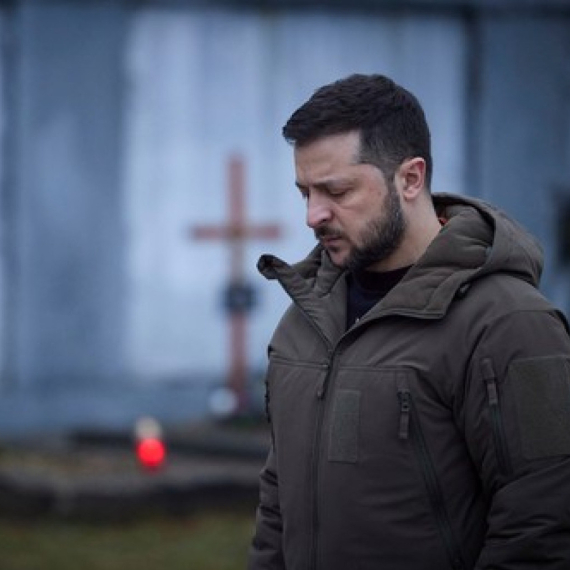








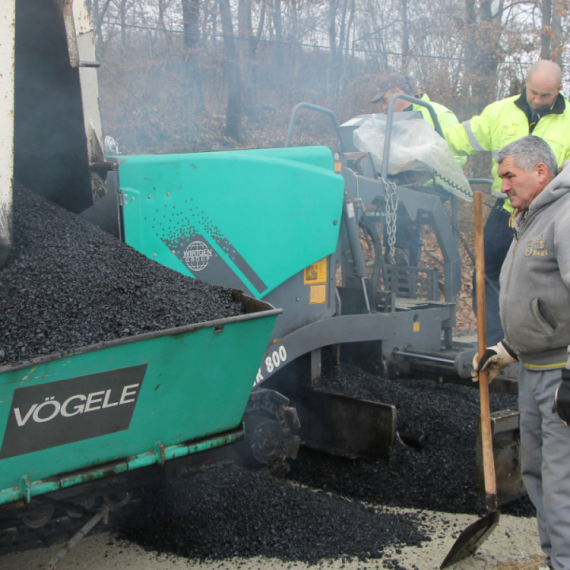

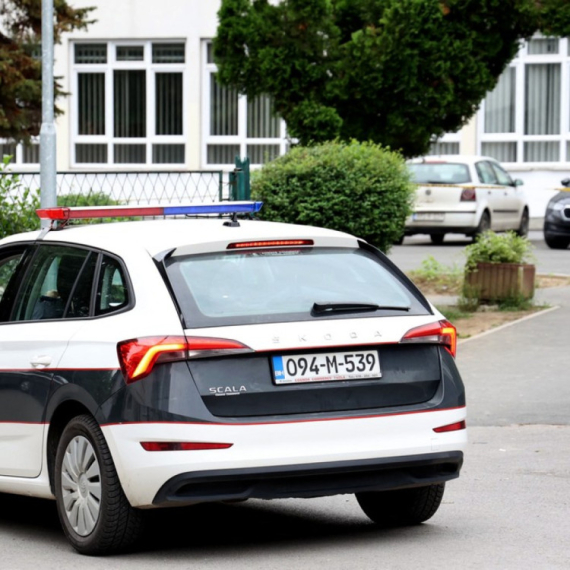























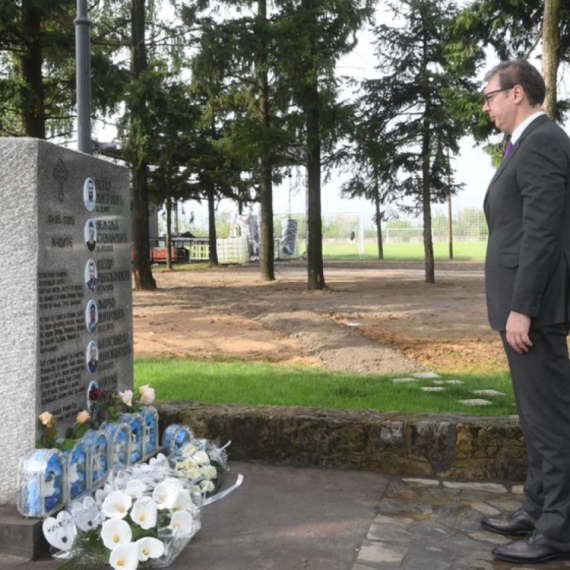

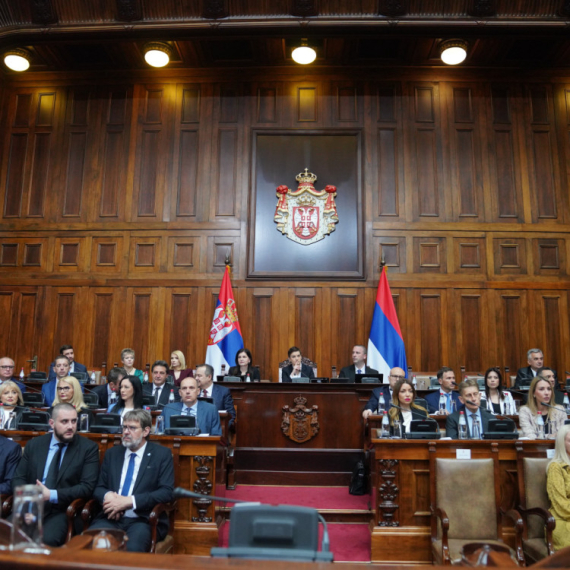











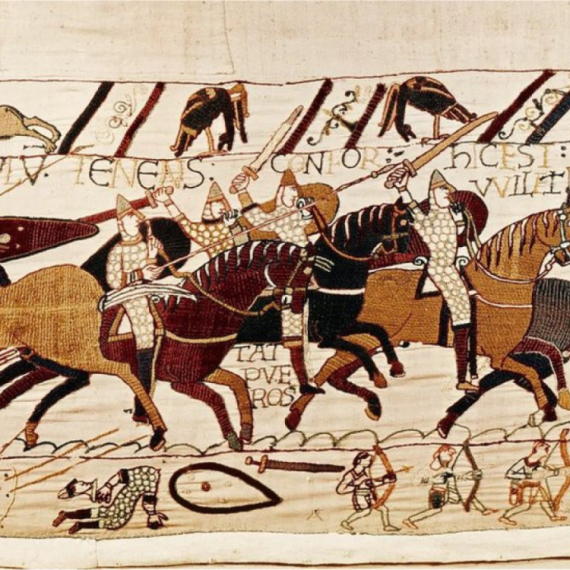

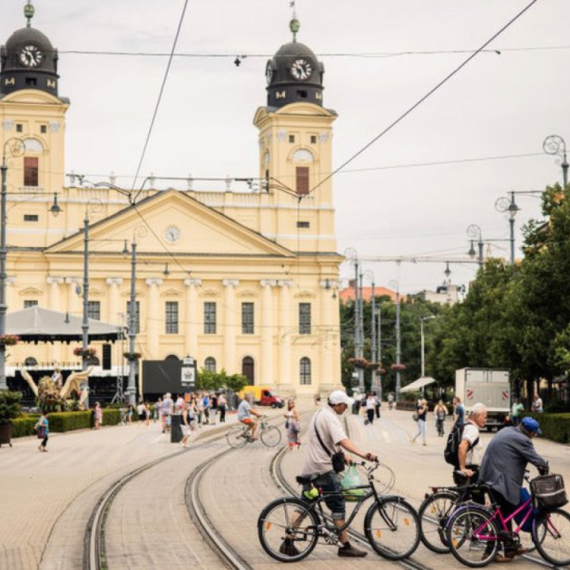


Komentari 3
Pogledaj komentare